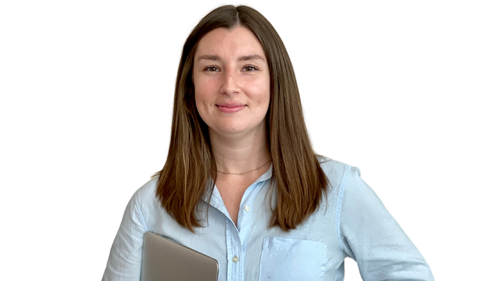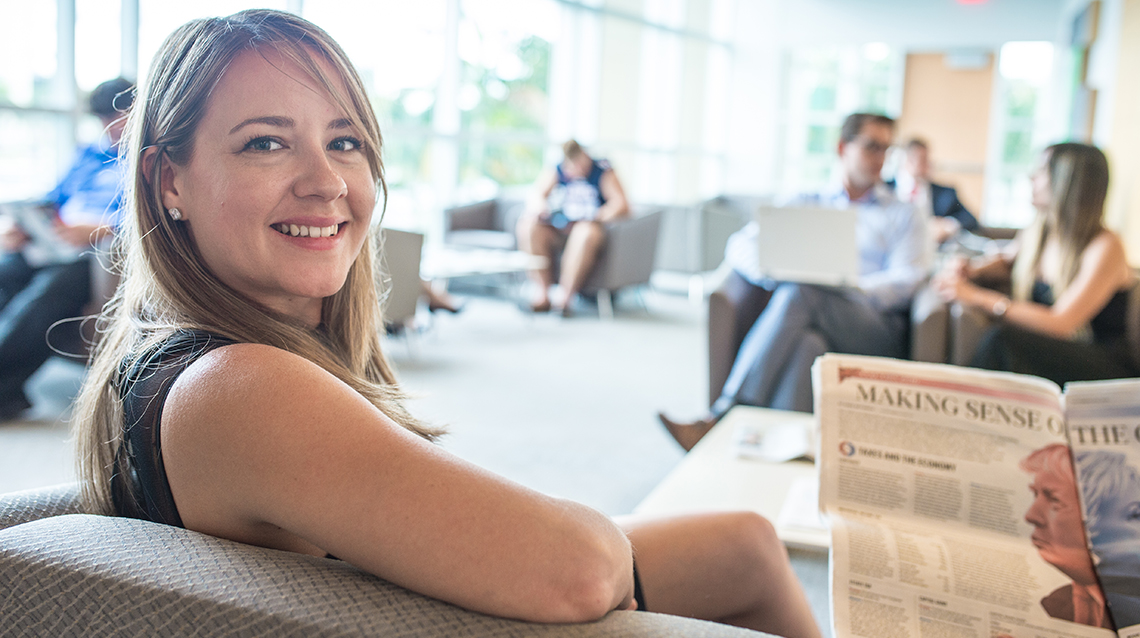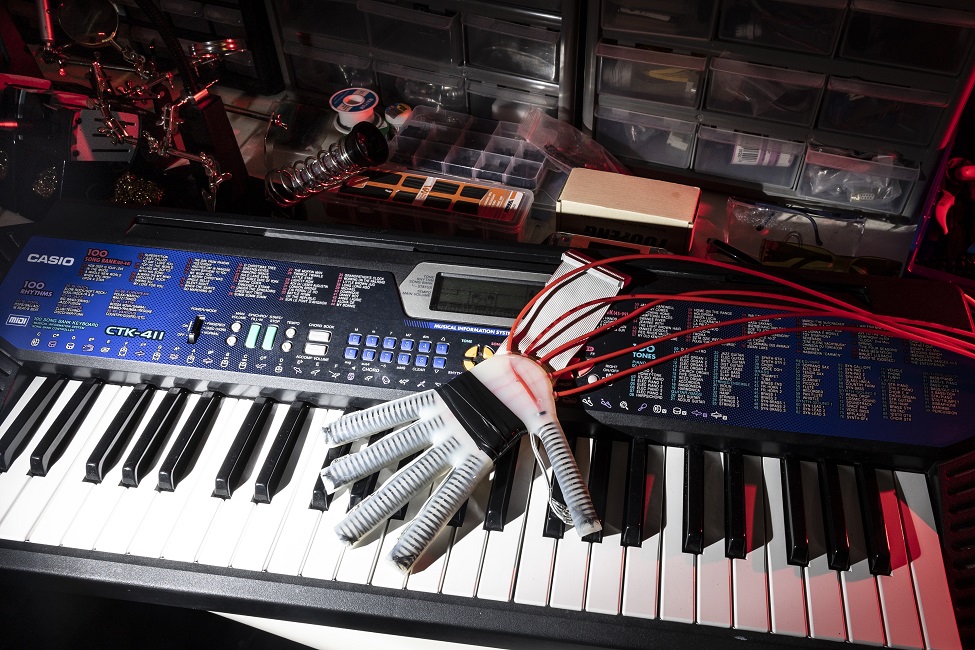The Center for Complex Systems is dedicated to understanding the principles and mechanisms that underlie complex behavior. The center is a state of the art, multi-disciplinary research and academic unit in the Charles E. Schmidt College of Science. From the microscopic level of cells and organelles to the grand scale of human interaction, our mission is to bring together multiple disciplines and backgrounds such as theoretical physics, complexity science, cognitive psychology, laboratory biology, applied mathematics and philosophy to tackle the most profound questions of science, technology, and society.
We are seeking an experienced and visionary leader to serve as the Director of the Center for Complex Systems. The Center for Complex Systems (the Center) is a leading research center within the Charles E. Schmidt College of Science at Florida Atlantic University in Boca Raton, Florida, dedicated to advancing the understanding of complex systems. Our members work on cutting-edge projects that span various domains including biology, neuroscience, medicine, physics, mathematics, psychology, philosophy, engineering, and social sciences. The Center is at the forefront of interdisciplinary research and is committed to fostering innovation and collaboration to solve some of the most challenging problems in science, technology, and society.
|
|
Spotlight Stories |
|
||||
|
|

Feet First: AI Reveals How Infants Connect with Their World
Researchers explored how infants act purposefully by attaching a colorful mobile to their foot and tracking movements with a Vicon 3D motion capture system.
Recent advances in computing and artificial intelligence, along with insights into infant learning, suggest that machine and deep learning techniques can help us study how infants transition from random exploratory movements to purposeful actions.
|

A State-of-the-Art AI Sandbox Gives Ph.D. Student a Boost With Neuroscience Research
Jennifer Giordano, a second year Ph.D. student in the Graduate Neuroscience Training Program and Center for Complex Systems, greatly relies on the Rubin and Cindy Gruber Sandbox’s transformative technology. As a student researcher, Jennifer is using AI to study neurodegeneration and other topics in neuroscience. She is interested in drawing inspiration from concepts in neuroscience and thinking about how they can be applied to artificial systems.
|

Congratulations to Amanda RojasWho successfully defended her doctoral dissertation on Friday, October 11th, 2024 and will graduate at the December 2024 Commencement Ceremony at FAU with the Ph.D. in Complex Systems. Amanda’s dissertation was completed under the guidance of Dr. Robert Vertes with Committee Members Dr’s Robert Stackman, Henriette Van Praag and Stephanie Linley (University of North Colorado) and entitled “The Role of the Paratenial Nucleus and Nucleus Reuniens of the Midline Thalamus in Cognition and Affect.” Following graduation Amanda looks to pursue a career in scientific publishing with PLoS One. |
Congratulations to Ryan Gallagher who successfully defended his doctoral dissertation on Wednesday, March 12th, 2025 and will graduate at the May 2025 Commencement Ceremony at FAU with the Ph.D. in Complex Systems and Brain Sciences. Ryan’s dissertation was completed under the guidance of Dr. William Alexander with dissertation committee members Dr’s Scott Kelso, Kevin Darby and Terrance Barnhardt. Ryan's dissertation title: “The Interaction of Temporal and Structural Abstraction and Their Influence on Behavior.” Ryan was admitted to the Ph.D. program in the inaugural class of the Graduate Neuroscience Training Program administered by FAU's Stiles-Nicholson Brain Institute in 2019 and is also the first recipient of the new Neuroeconomics Certificate offered through the Center for Complex Systems. Following graduation Ryan hopes to pursue a career in the financial sector.
Associate Professor Elan Barenholtz, Ph.D., was featured on Your South Florida PBS to discuss how the power of AI is being used to develop innovative ways to study the brain while also examining the long-term implications of AI. Barenholtz, co-founder of FAU's Machine Perception and Cognitive Robotics Laboratory talks about benefits of a multi-disciplinary approach to their research, and using AI for good. Watch now.
Researchers from Florida Atlantic University’s College of Engineering and Computer Science, in collaboration with FAU’s Charles E. Schmidt College of Science and College of Medicine, have developed a novel biohybrid neuro-prosthetic research platform comprised of a dexterous artificial hand electrically interfaced with biological neural networks. Read more.
New study published in the Proceedings of the National Academy of Sciences reveals the moment at which a baby realizes that its movement may have purpose. See https://neurosciencenews.com/conscious-awareness-babies-agency-23936/ and Meaning from movement and stillness: Signatures of coordination dynamics reveal infant agency | PNAS
 The new Neuroeconomics Graduate Certificate program aims to provide students with the tools needed to analyze, interpret, and apply neuroscientific data in order to understand real-world decisions. Learn more.
The new Neuroeconomics Graduate Certificate program aims to provide students with the tools needed to analyze, interpret, and apply neuroscientific data in order to understand real-world decisions. Learn more.
 “Playing the piano requires complex and highly skilled movements, and relearning tasks involves the restoration and retraining of specific movements or skills,” said Erik Engeberg, Ph.D., senior author, a professor in FAU’s Department of Ocean and Mechanical Engineering within the College of Engineering and Computer Science, and a member of the FAU Center for Complex Systems and the FAU Stiles-Nicholson Brain Institute. “Our robotic glove is composed of soft, flexible materials and sensors that provide gentle support and assistance to individuals to relearn and regain their motor abilities.” Read more.
“Playing the piano requires complex and highly skilled movements, and relearning tasks involves the restoration and retraining of specific movements or skills,” said Erik Engeberg, Ph.D., senior author, a professor in FAU’s Department of Ocean and Mechanical Engineering within the College of Engineering and Computer Science, and a member of the FAU Center for Complex Systems and the FAU Stiles-Nicholson Brain Institute. “Our robotic glove is composed of soft, flexible materials and sensors that provide gentle support and assistance to individuals to relearn and regain their motor abilities.” Read more.
We are seeking talented scientists at the doctoral and post-doctoral levels. If you have have similar research interests and skills in relevant disciplines, please contact us.